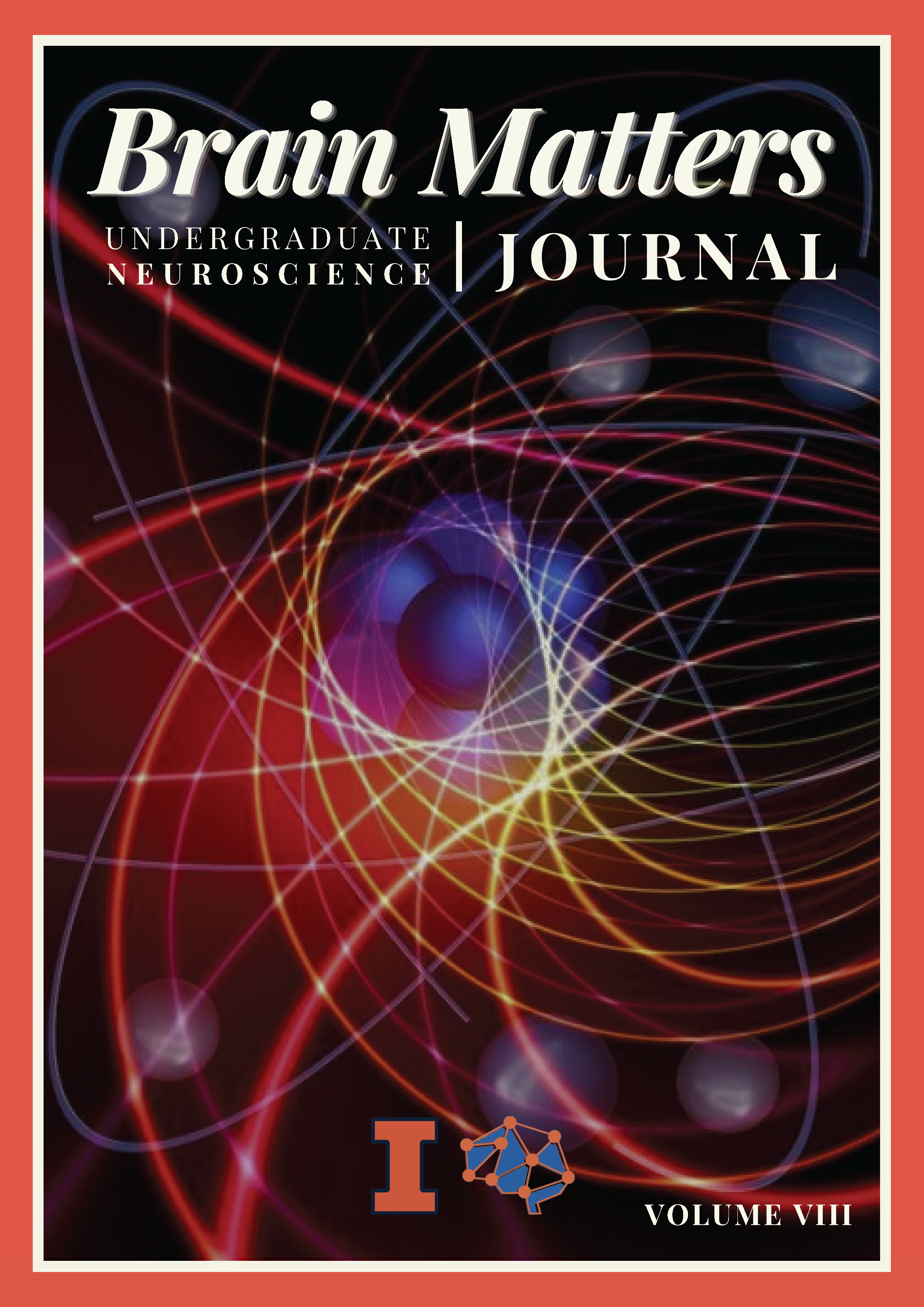Can We Train Our Brains to Break Social Media Addiction?
Main Article Content
Abstract
Social media has revolutionized communication, allowing people to stay connected with family and friends, and build relationships across the globe. While these benefits enhance social and psychological well-being, excessive use of social media can have detrimental effects on mental and physical health (Cheng et al., 2022). Many individuals turn to social media as an escape from reality, using it to avoid problems rather than address them. Cheng et al., (2022) found that when social media consumption becomes compulsive and interferes with daily life, it can develop into social media addiction—a behavioral addiction characterized by excessive use that disrupts crucial aspects of well-being, such as physical health, productivity, and interpersonal relationships.
Article Details

This work is licensed under a Creative Commons Attribution-NonCommercial-ShareAlike 4.0 International License.

